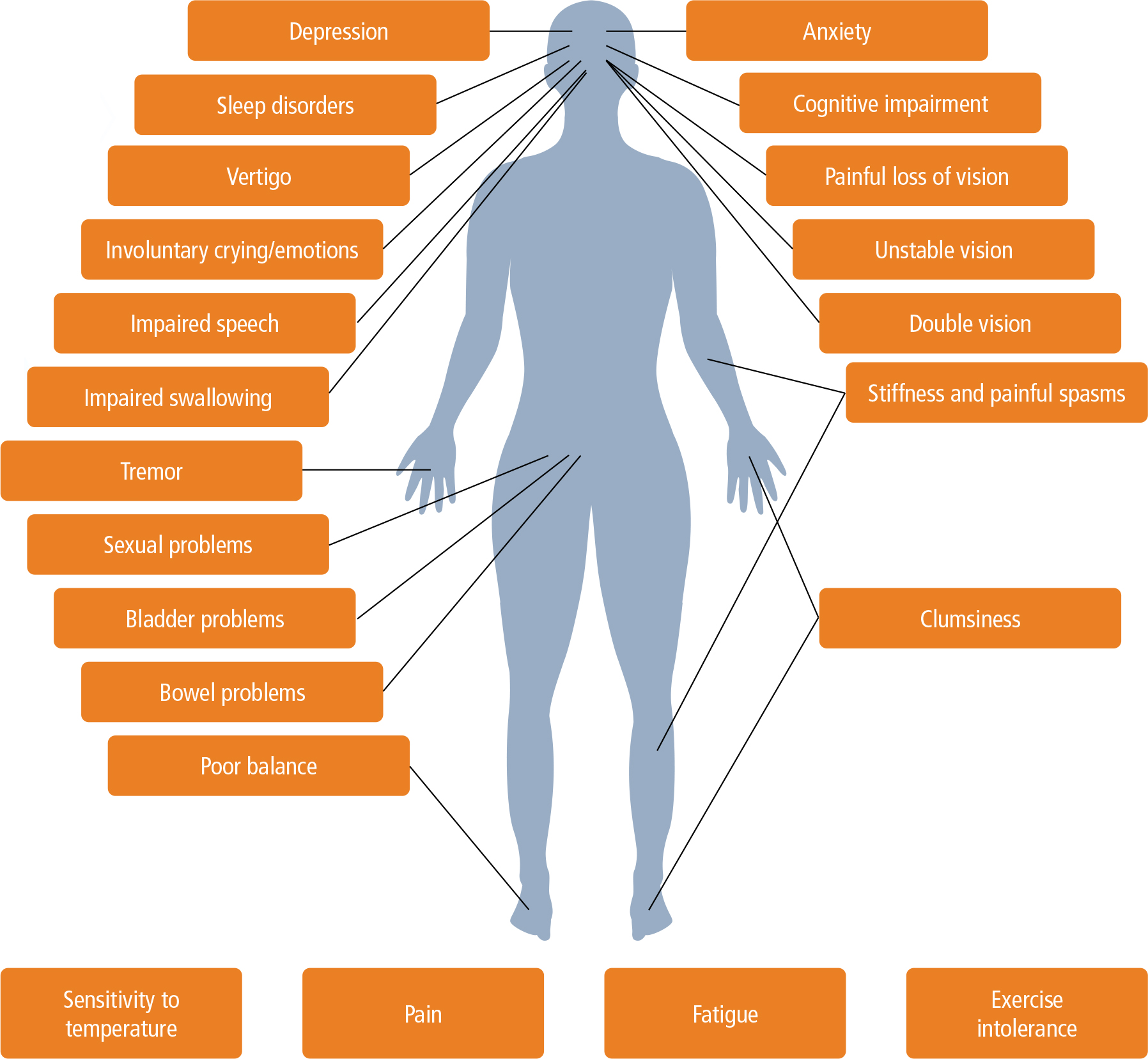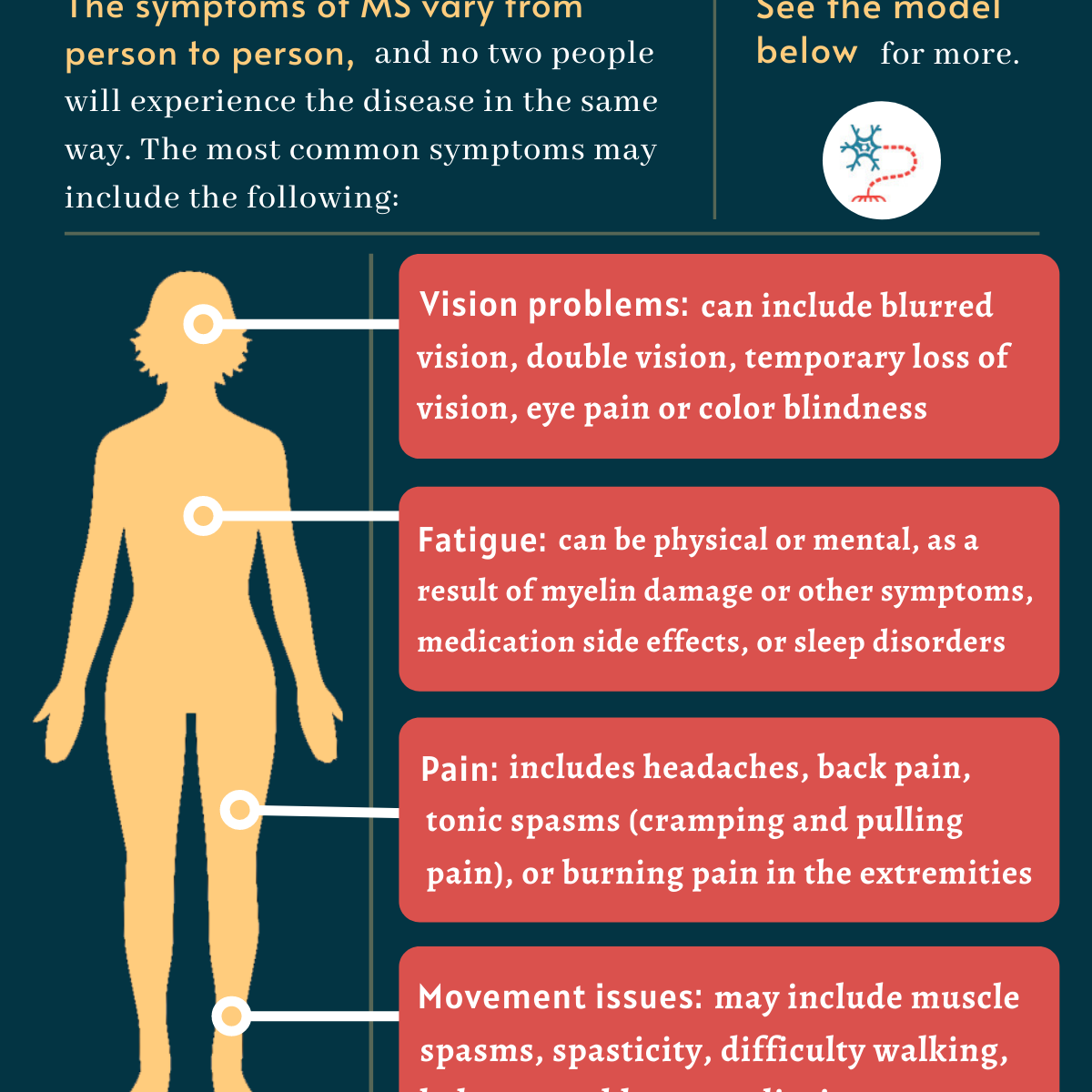Have you ever typed something into a search bar, perhaps a bit curious, only to find yourself on a path to something entirely different? It's almost, in a way, like looking for one thing and stumbling upon a deeper, more important topic. Today, we're going to explore a search query that might seem, well, a little unexpected: "ms sethii twerking." While this phrase might spark a certain image, it actually gives us a really good chance to talk about something far more significant and impactful for many lives: Multiple Sclerosis, often known simply as MS. So, let's clear up any confusion and get to the heart of what "MS" truly is.
It's fascinating, isn't it, how certain phrases can catch our eye and lead us down an informational path we didn't expect? The internet, you know, is a vast place, and sometimes, a specific combination of words can bring us to subjects that need a bit more light. When we see a search like "ms sethii twerking," it’s important to recognize that the "MS" part likely refers to something very different from what one might initially imagine. We're talking about a serious health condition, not a person or a dance move, as a matter of fact.
This article is here to help us understand the real meaning of "MS." We’ll move past the initial curiosity of that specific search term and focus on providing clear, helpful information about Multiple Sclerosis. You’ll learn about what this condition actually is, how it affects people, and what the journey of diagnosis and living with it can involve. It's a topic that truly deserves our attention, and we’re going to cover it pretty thoroughly, too.
Table of Contents
Understanding Multiple Sclerosis: Key Facts
What Exactly Is Multiple Sclerosis?
Common Symptoms of MS
How MS Is Diagnosed
The Progression of MS: Secondary Progressive Multiple Sclerosis
Connecting MS with Other Conditions: Epilepsy
Early Signs and Prevention Considerations: Optic Neuritis
Frequently Asked Questions About MS
Bringing It All Together: Why Understanding MS Matters
Understanding Multiple Sclerosis: Key Facts
To truly grasp what Multiple Sclerosis is all about, it helps to have some quick facts right at hand. This table, you know, gives us a snapshot of the core information from our discussions. It’s a good way to get a general idea of the condition.
| Aspect of MS | Key Information |
|---|---|
| **What it is** | A demyelinating disease of the central nervous system where the immune system attacks the myelin sheath or the cells that support it. |
| **Core Problem** | Causes breakdown of the protective covering of nerves. |
| **Common Symptoms** | Numbness, weakness, trouble walking, vision changes. |
| **Diagnosis** | No specific test; based on medical history, physical exam, MRIs, and spinal tap results. |
| **Progression** | 20% to 40% of relapsing-remitting MS patients develop secondary progressive MS over 10-40 years. |
| **Related Conditions** | Epileptic seizures are more common in people with MS. |
What Exactly Is Multiple Sclerosis?
So, let's get right to it. Multiple sclerosis, or MS, is a pretty complex condition, you know, that affects the central nervous system. It's considered the most common demyelinating disease in that system. What does "demyelinating" mean, you might ask? Well, it refers to the breakdown of myelin, which is this protective covering that surrounds our nerves. Think of myelin as the insulation around an electrical wire. When that insulation gets damaged, the signals can't travel as smoothly or efficiently, and that, in a way, causes problems.
In MS, it’s the body's own immune system that mistakenly attacks this myelin sheath, or sometimes even the cells that create it. This attack causes inflammation and damage, leading to lesions or scars on the nerves in the brain and spinal cord. These damaged areas disrupt the flow of information between the brain and the rest of the body. It’s a bit like having static on a phone line, making it hard to hear clearly. This disruption is what leads to the wide range of symptoms people with MS can experience, as a matter of fact.
Common Symptoms of MS
The symptoms of Multiple Sclerosis can be really varied, and they often depend on which parts of the central nervous system are affected. It's not always the same for everyone, which can make it a bit tricky to recognize at first. However, there are some common experiences that many people with MS report, you know, and these can give us a general idea of what to look for.
One of the very common symptoms is numbness. People might feel a tingling sensation or a complete lack of feeling in parts of their body. Weakness is another frequent issue, making it hard to move limbs or perform daily tasks. Trouble walking is also quite common, as MS can affect balance and coordination. Vision changes are also a big one; this could mean blurry vision, double vision, or even temporary loss of sight in one eye. These symptoms, you see, can come and go, or they might become more persistent over time.
How MS Is Diagnosed
Getting a diagnosis of Multiple Sclerosis isn't always straightforward, to be honest. There aren't any specific, single tests that can definitively say, "Yes, this is MS." Instead, doctors typically piece together information from several different sources. It’s a bit like solving a puzzle, really, where each piece adds to the overall picture.
The diagnosis is usually given by a combination of things. First, there's the medical history. Doctors will ask a lot about your symptoms, when they started, how they've progressed, and any other health issues you might have. Then, a physical exam is very important; this helps assess things like your reflexes, balance, vision, and strength. MRIs, or Magnetic Resonance Imaging scans, are absolutely crucial. These scans can show those characteristic lesions in the brain and spinal cord that are signs of myelin damage. Finally, a spinal tap, also known as a lumbar puncture, might be done. This test examines the fluid around your brain and spinal cord for markers that can indicate MS. It's all these pieces together that help confirm a diagnosis of Multiple Sclerosis, you know.
The Progression of MS: Secondary Progressive Multiple Sclerosis
Multiple Sclerosis, it's worth noting, can progress in different ways for different people. While many start with what's called relapsing-remitting MS, where symptoms come and go, a significant number will eventually experience a different kind of progression. This is known as secondary progressive multiple sclerosis, or SPMS. It's a fairly common path for the condition, as a matter of fact.
Studies show that somewhere between 20% to 40% of patients who initially have relapsing-remitting MS will eventually develop SPMS. This means they'll start to experience a steady, ongoing worsening of their symptoms over time. This progression can happen with or without periods of remission, where symptoms lessen. It typically occurs anywhere from 10 to 40 years after the initial onset of the disease. Researchers, you know, have been looking closely at brain changes in progressive MS to better understand this shift, too.
Connecting MS with Other Conditions: Epilepsy
It's interesting, and perhaps a bit surprising to some, that Multiple Sclerosis can sometimes be linked with other health conditions. One such connection that has been observed is with epilepsy. You might wonder, is there any connection between multiple sclerosis and epilepsy? Well, it turns out there can be, apparently.
Research indicates that epileptic seizures are more common in people who have Multiple Sclerosis compared to those who don't have MS. While MS primarily affects the myelin, the damage it causes to the brain can, in some cases, make individuals more susceptible to seizures. This doesn't mean everyone with MS will develop epilepsy, not at all, but it is a known association that medical professionals consider when caring for someone with MS. It’s just another aspect of this complex condition, you know.
Early Signs and Prevention Considerations: Optic Neuritis
Sometimes, certain symptoms can act as an early warning sign, or at least suggest a higher risk, for developing Multiple Sclerosis. One such symptom is optic neuritis. This is an inflammation of the optic nerve, which connects the eye to the brain, and it can cause vision changes. If you experience optic neuritis, it's definitely something to pay attention to, as a matter of fact.
If you have optic neuritis and, crucially, you also have two or more brain lesions visible on magnetic resonance imaging (MRI) scans, you might benefit from certain preventative measures. These measures are aimed at potentially delaying or even preventing the full onset of MS. It's about being proactive when those early indicators show up. This is why getting a thorough medical evaluation is so important, you know, to understand your individual risk and discuss potential strategies with your doctor.
Frequently Asked Questions About MS
People often have many questions about Multiple Sclerosis, and that's perfectly natural. Here are some common inquiries, based on what we've discussed and what people often want to know, too.
What are the common symptoms of Multiple Sclerosis?
Common symptoms of MS often include numbness, a feeling of weakness, difficulty walking, and various vision changes, such as blurriness or double vision. These symptoms can vary quite a bit from person to person, and they might come and go, or, you know, they could become more persistent over time.
How is Multiple Sclerosis diagnosed?
Diagnosing MS doesn't rely on a single test. Instead, doctors combine information from your medical history, a physical examination, MRI scans of the brain and spinal cord, and sometimes, a spinal tap. It's a comprehensive approach that helps confirm the diagnosis, as a matter of fact.
Is there a link between Multiple Sclerosis and epilepsy?
Yes, there is a recognized connection. Epileptic seizures are actually more common in people who have Multiple Sclerosis than in those who do not. This is due to the damage MS can cause to the brain, which can, in some cases, increase the likelihood of seizures, too.
Bringing It All Together: Why Understanding MS Matters
So, while the initial search query "ms sethii twerking" might have been a bit of a curiosity, it has, you know, given us a valuable opportunity to shine a light on a very important medical condition: Multiple Sclerosis. It's clear that "MS" in this context refers to a complex neurological disease, not a person or a dance. Understanding this distinction is really important, as a matter of fact, because it helps us focus on accurate information.
Learning about MS, its symptoms, how it's diagnosed, and its progression, is truly valuable for everyone. It helps us be more informed, more compassionate, and better equipped to support those who live with this condition. For more in-depth information about MS and its impact, you can learn more about Multiple Sclerosis from reputable health organizations. Also, you can learn more about Multiple Sclerosis on our site, and for more specific details, you can link to this page here, too. This journey from a quirky search term to a deeper understanding of health is, in a way, what the internet can do best.



